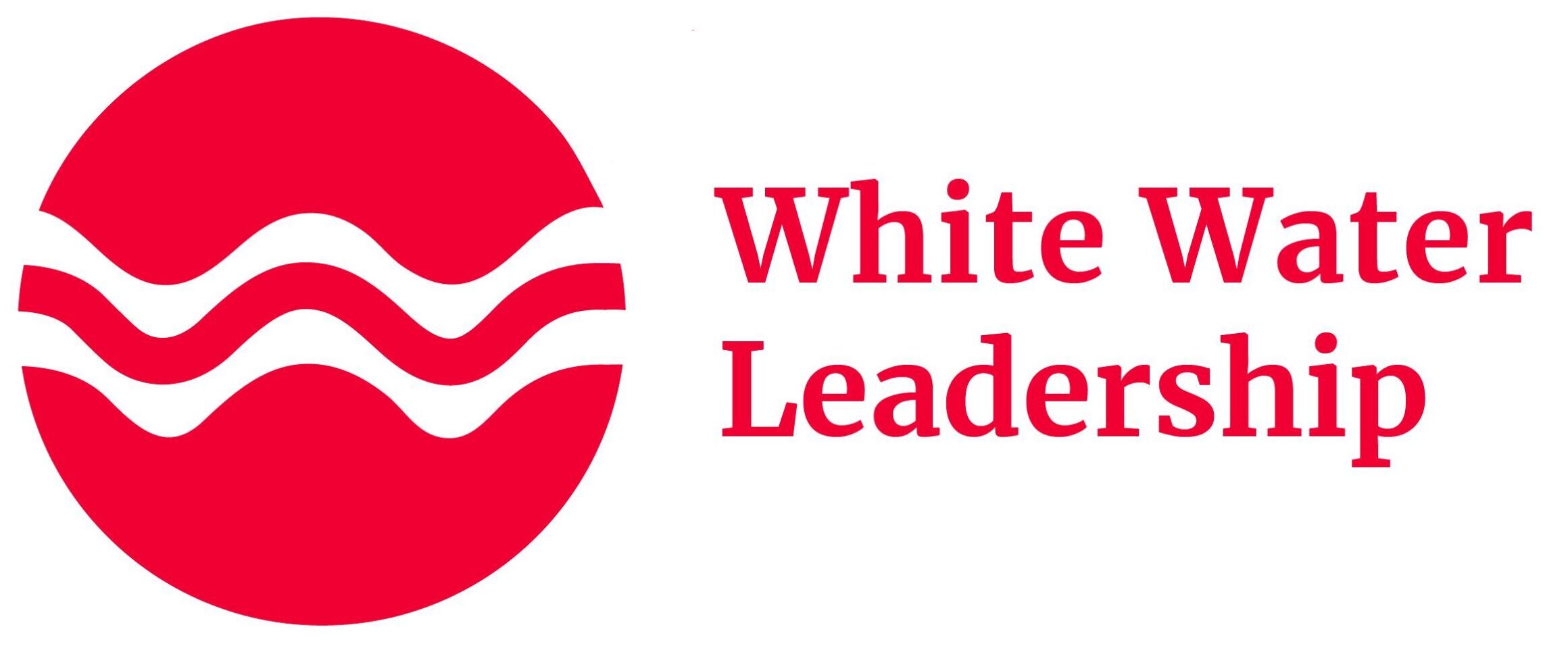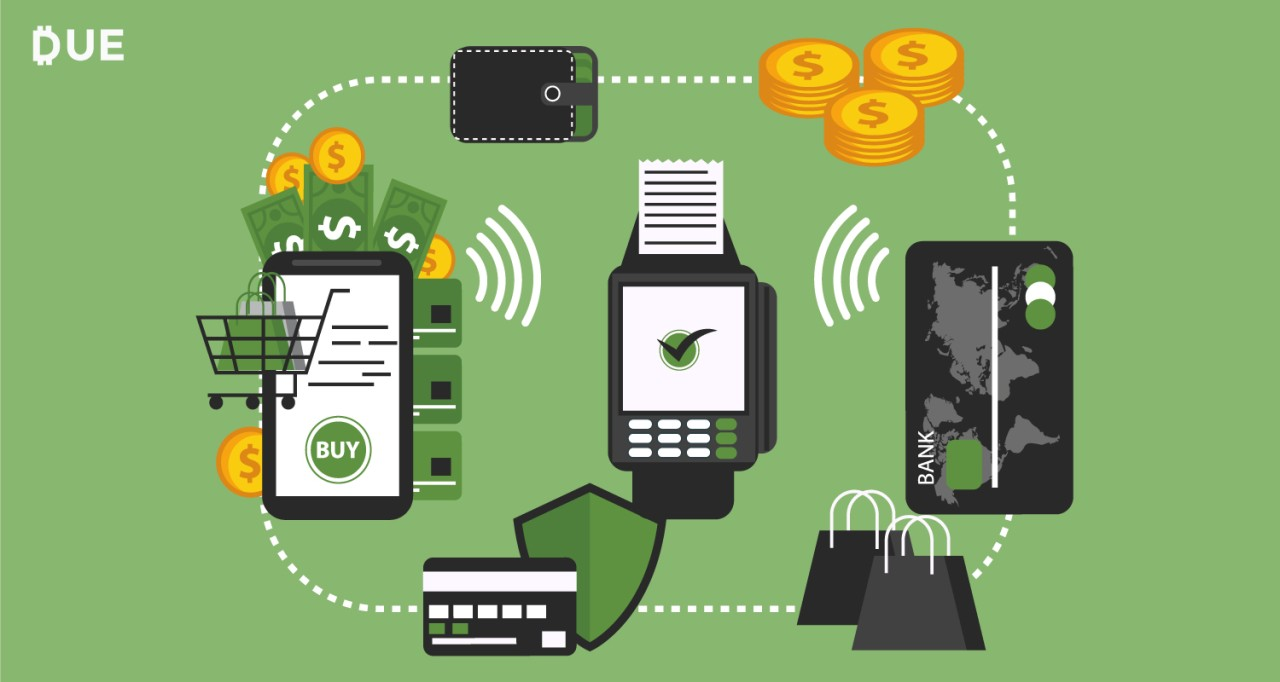Last week, the European Commission released two draft laws on Digital Services that would potentially limit the ever so overpowering effect of Big Tech aka Google, Amazon, Facebook, Apple, etc on their users. The Commission has taken a stand to foster equal growth opportunities for smaller digital companies. If found guilty, Big Tech would end up paying fines up to 10% of their global turnover.
The regulations come in light of the EU’s observation that the Big Tech has indulged in “self-preferencing” – that these companies exploit their database of users to favourably rank their services over and above their competitors.
The regulators are concerned that a deceptive “collusion” may be at play between Google and Apple. A Google search bar comes as a pre-selected option in all Apple devices, which potentially drives traffic from iPhone users to Google sponsored ads/businesses as well as YouTube. The regulators are alarmed that such an arrangement gives this alliance the ability to consolidate monopoly in the online search and advertising industry. It remains to be seen whether the regulator pays heed to Google’s counter-argument that the consumers have the power of discretion given a choice of alternative platforms available in the market. Secondly, iPhone users are too widespread globally to be coerced so easily.
The European Commission is not the only global body looking to uphold the principle of anti-monopoly and fair play practices in the internet economy. Regulators in the US, UK and China are equally concerned with the boisterous flexing of muscle by the Big Tech.
Earlier this year, the US Fed had launched antitrust lawsuits against Google and Facebook, denouncing them of misusing their power to control the internet. Like Google, Facebook is locked in a similar battle of perception with the regulators. Its acquisition of Instagram and WhatsApp is being seen through a different lens now. Facebook’s view is that by acquiring a competitor, it did not alter the competitive intensity in the industry. Facebook states that it has equally powerful competitors and that its acquisitions have only benefited the consumers in terms of better services.
Big Tech is no stranger to courtrooms. Three years ago, a BBC report shared that Google had been levied upon a fine of €2.42bn for promoting its services in its search results and distorting the competitive dynamics. As it looks from the outside, the Brussels wave is back again to snap at Big Tech and imperil their market dominance.
Can the new privacy laws and the hefty fines put a brake on Big Tech?
Bill Gates once quoted, “The internet is becoming the town square for the global village of tomorrow.” However, the gatekeepers of the town square are in trouble today! It won’t be a surprise to find the Big Tech lobby hard against these allegations. They may introduce minor changes in in-app behaviour, without affecting the customer experience, to safeguard themselves from legal antitrust investigations. Additionally, if the laws are abided by, it could fix information asymmetry and open up opportunities for small businesses and new market entrants.
While new and small businesses might find a way to grow and compete with the big boys, the latter might not be willing to give in just yet.
After all, the open internet is not fully open, is it? Secondly, what about the promise of the “platform economy”? Are we looking at the governance of a system that was built on the foundation of self-governance?


